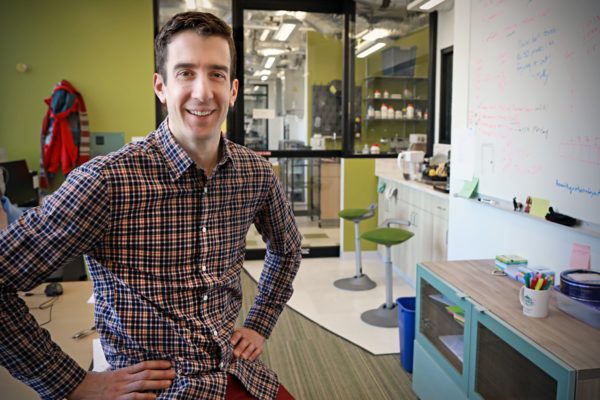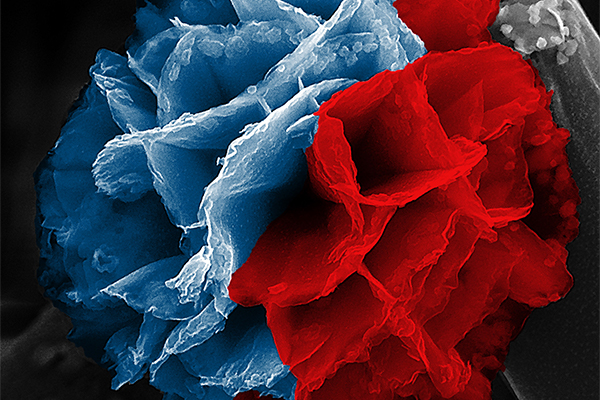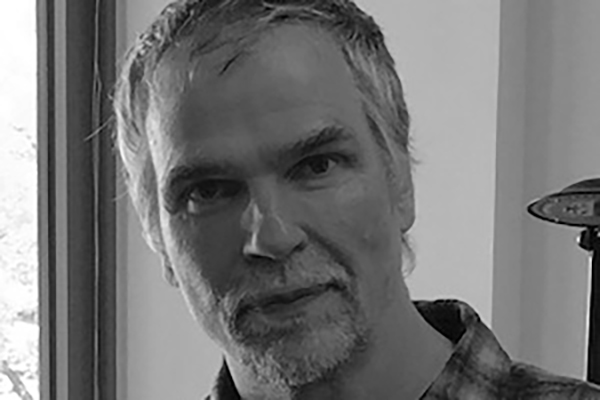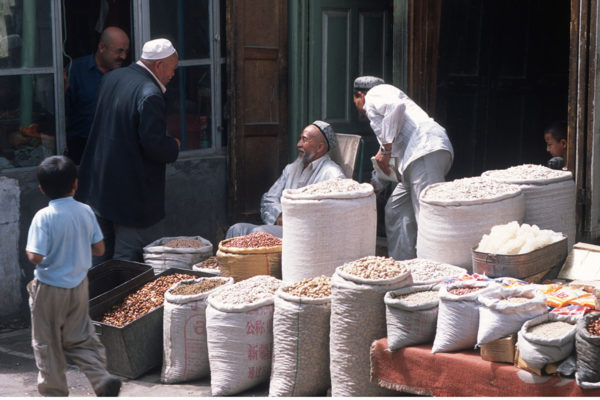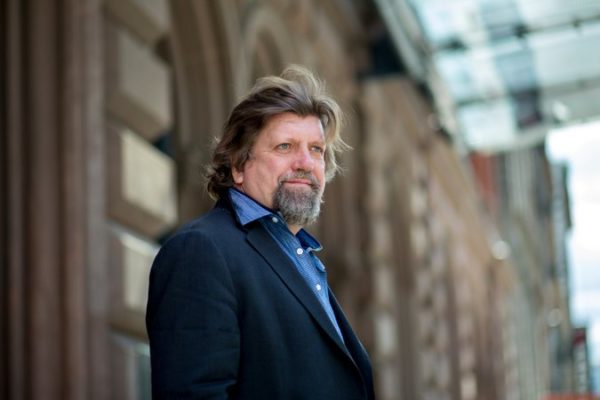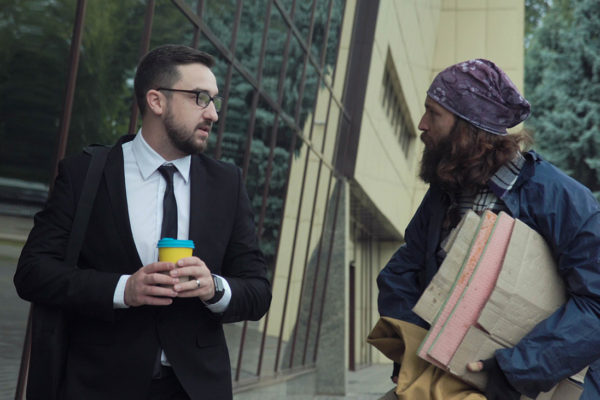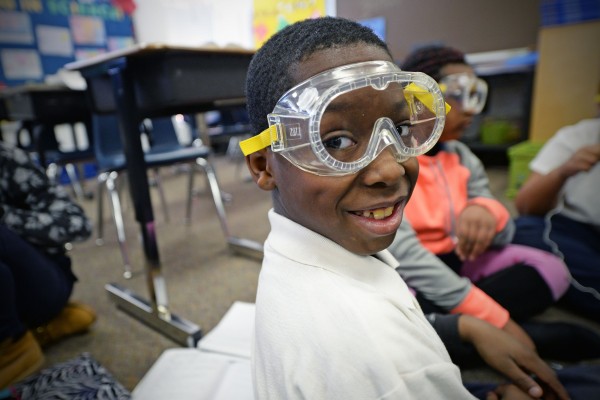WashU Spaces: Keith Hengen
Keith Hengen, assistant professor of biology in Arts & Sciences, collects more than 20 terabytes of data a day. Through big data, new technology and good coffee, Hengen has set out to discover how systems of neurons interact. And, in doing so, he created a new sort of workspace that is both functional and fun.
Making rusty polymers for energy storage
Research from the Department of Chemistry in Arts & Sciences advances the understanding of the chemical mechanisms involved with depositing rust and forming polymers, which will allow scientists to more easily manipulate and engineer the structures of the materials they make.
How to Think about “Implicit Bias”
When is the last time a stereotype popped into your mind? If you are like most people, the authors included, it happens all the time. That doesn’t make you a racist, sexist, or whatever-ist. It just means your brain is working properly, noticing patterns, and making generalizations.
Food culture along the Silk Road
Like passionate foodies who know the best places to eat in every town, Silk Road nomads may have been the gastronomic elites of the Medieval Ages, enjoying diets much more diverse than their sedentary urban counterparts, suggests a new study in Scientific Reports.
Finding ‘Common Ground’
When words fail and argument falls short, art and performance can help reframe important questions. On March 24, three campus choreographers will explore issues of culture, identity and social justice in the dance concert “Common Ground.”
From ‘Angels in America’ to ‘Hamilton’
Oskar Eustis, one of the most admired figures in contemporary American theater, will present the annual Helen Clanton Morrin Lecture March 26 for the Performing Arts Department in Arts & Sciences.
Americans prefer economic inequality to playing Robin Hood
Given the chance to play Robin Hood, most Americans show little interest in taking from the rich and giving to the poor. A new study in the Proceedings of the National Academy of Sciences may explain why it’s so hard for voters in modern democracies to erase the economic inequalities that separate most citizens from the nation’s super-wealthy elites.
Bono debut book tackles strategies for happiness
How can we be happier? In a world where stress, anxiety and bad days can easily overtake the good, Washington University happiness expert Tim Bono strives to answer that question in his book, “When Likes Aren’t Enough: A Crash Course in the Science of Happiness.”
Creating a new generation of educators
Good teachers make for engaged students and stable schools. That’s why Washington University is partnering with the St. Louis Teacher Residency program to address two of the most vexing problems facing high-needs schools: teacher turnover and teacher quality.
Global warming focus of 2018 McDonnell lecture
S. George Philander, one of the world’s leading experts on climate and the interactions between the ocean and atmosphere, will deliver two talks March 28 and 29 as part of the McDonnell Distinguished Lecture Series, sponsored by Washington University in St. Louis’ McDonnell Center for the Space Sciences.
View More Stories
